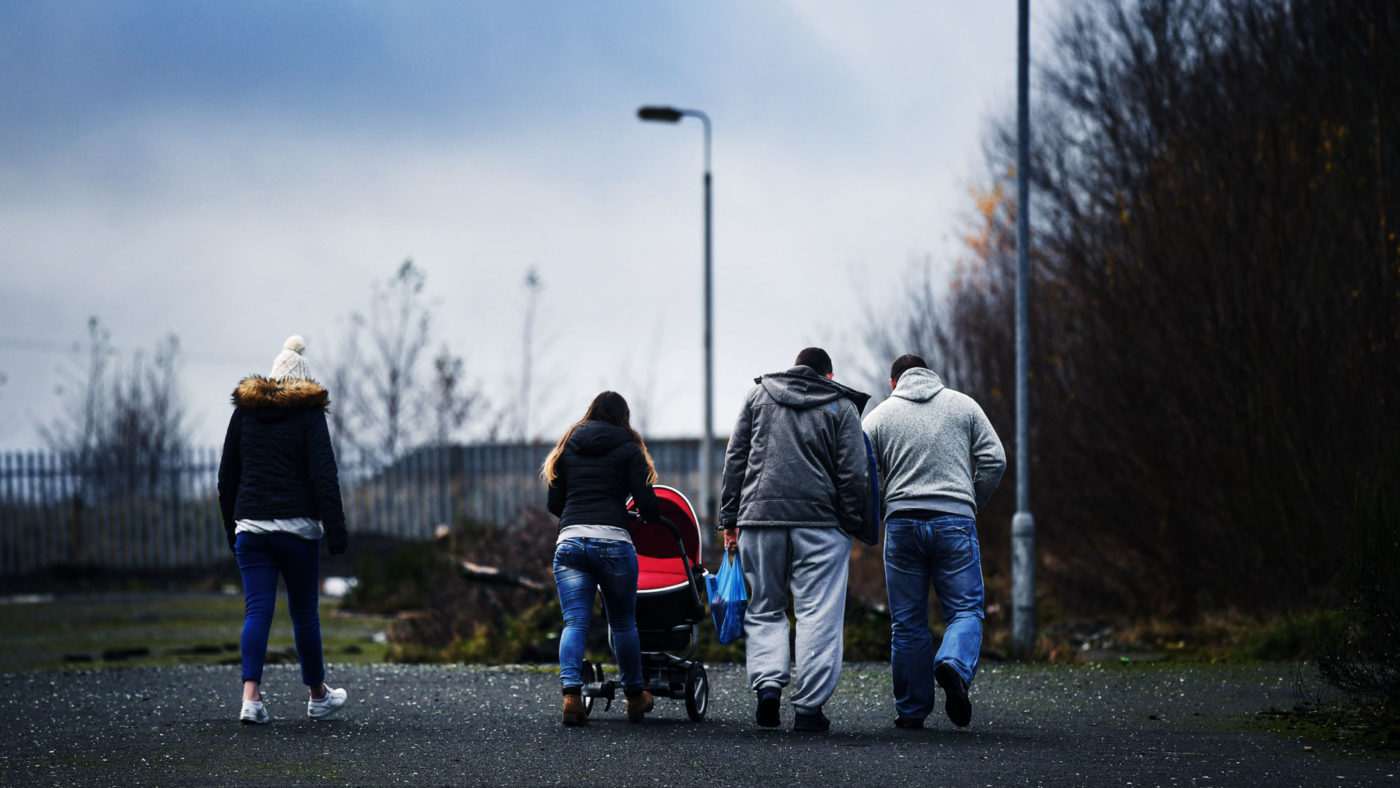If you care about markets, support markets, and believe markets are better than state control, you need to look at markets as they are in the real world, not as the textbooks and political theorists say they should be. And doing that requires data.
Good policymaking requires good data. If we don’t know the facts, how can we possibly tackle the big issues of our day – such as poverty, inequality and the need for stronger economic growth? How can we ensure that well-intentioned policy doesn’t have unintended consequences, making households and businesses worse off?
Despite these obvious risks, a lack of data pervades some of the most important policy debates in our country, including on poverty. There have been no government efforts to quantify, for example, the UK’s poverty premium – the extra price that low income households pay for a range of goods and services.
The premium manifests itself through several channels. For example, in the energy market, use of pre-payment meters leaves many of those in poverty paying more for their energy. If you cannot afford a car, you may end up buying your groceries from more expensive local convenience stores. Being “unbanked”, a problem that is concentrated among low income households, leaves individuals facing extra charges when paying bills or cashing in cheques.
Outside of government, research by the University of Bristol and Save the Children suggests that the poverty premium is significant, leaving low income households paying hundreds of pounds more for essential goods and services. Yet there is still no official, regularly tracked measure of the poverty premium and its negative impacts on UK households.
Social Market Foundation (SMF) research, published today and sponsored by the Joseph Rowntree Foundation (JRF), provides a new, detailed methodology that policymakers could adopt to measure and track the size of the poverty premium, building on some of the existing studies in this area. We hope that regulators, statisticians and those in government read it, and start to produce an official and regular measure of the poverty premium.
Until then, policymakers lack the information they need to properly tackle poverty.
For one thing, poor official information on the poverty premium is leading policymakers to focus too much on the incomes of those in poverty, and too little on the expenditure and prices they face. Maybe we could dramatically improve living standards, and at relatively small cost to the government, by using the policy tools at our disposal to reduce the prices faced by low income households? We do not know, because for the most part policymakers have decided to measure incomes but not prices paid by those in poverty.
Even where data on living costs are collected, it is often partial. The focus of regulators and government on the energy market, for example with price caps, reflects the fact that this is one of the few areas where we have a significant body of evidence on the prices faced by different types of household.
While tackling the poverty premium in the energy market is important, there is a risk that politicians focus on it at the expense of the other premiums faced by low income households – oversights which largely reflect a lack of data.
Is it right that politicians are overlooking the extra costs that lower income households face when purchasing insurance, for example? Why is the government not doing more to address the fact that those living in more deprived areas are penalised with higher car and home insurance costs? Surely government should have more to say on this, especially given that it is partly responsible for the higher crime rates which drive up insurance costs in these areas?
And why is the government not doing more to tackle potential poverty premiums on public transport, where only the relatively wealthy can afford the best value annual season tickets?
Our lack of data is leading to poorly focused policy when it comes to helping those on low incomes – with an overemphasis on incomes over expenditure, and an obsession with injustices in the energy market over the wide range of other premiums that those on low incomes face. We need fewer lopsided and unbalanced discussions.
We also need to ensure that policymakers are using data to ensure that policy is appropriately targeted. We know, for example, that not being on the best energy tariff is a society-wide issue rather than a poverty-specific one. About two thirds of us are on poor value standard variable tariffs. Being on a pre-payment meter, by contrast, is a much more poverty-specific phenomenon.
Policymaking is only as good as the data that goes into it, and in the 21st Century there are few excuses for having policy and public debates set by poor quality data – or worse still ill-informed prejudices. We live in an era of big data and machine learning. The Digital Economy Act should be ushering in a new age of data sharing across government. And our regulators should have the clout and remit they need to gather much-needed information on issues such as the poverty premium. Done right, a data revolution which measures the right things can help us tackle poverty – and much more.


